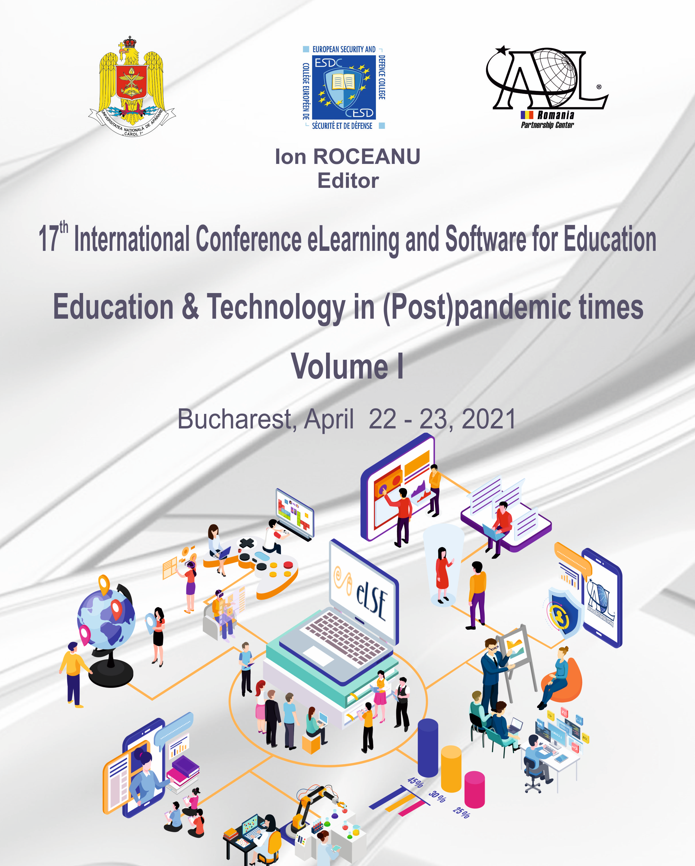EDUCATIONAL VALUE OF A VIRTUAL REALITY LABORATORY – FOCUS GROUP WITH STUDENTS
EDUCATIONAL VALUE OF A VIRTUAL REALITY LABORATORY – FOCUS GROUP WITH STUDENTS
Author(s): Dragos Daniel IordacheSubject(s): School education, Higher Education , ICT Information and Communications Technologies, Distance learning / e-learning, Pedagogy
Published by: Carol I National Defence University Publishing House
Keywords: Virtual reality; HTC VIVE; Virtual lab; Focus group; Educational applications;
Summary/Abstract: In recent years there has been an increased diversification of educational applications based on virtual reality (VR) technology. Educational content and three-dimensional visualization specific to virtual reality applications can facilitate the understanding of abstract knowledge present in the curricula of many school courses. Most virtual reality-based educational applications take the form of virtual classrooms, educational games and virtual labs (for biology, chemistry, math, etc.). All those applications include an educational side and a fun side, similar to video games. Students will have access to useful content depending on the quality and proportion in which these two parts are combined in the VR application scenario. Educational applications based on virtual reality technology use innovative ways of three-dimensional visualization, combined with appropriate auditory channels, resulting in attractive interfaces that can make learning enjoyable. However, in order to be pedagogically effective, virtual reality applications need to integrate interactive learning scenarios. In this regard, the feedback of students in the field of education sciences is important, providing an objective point of view regarding the educational potential of applications based on virtual reality technology. This study presents the results of a focus group with students, aimed to evaluate the educational utility of a virtual laboratory for learning chemistry, namely HoloLAB Champions. The results of the study showed that the virtual laboratory has several educational advantages, materialized in skills and abilities necessary to work with chemicals and in the potential to increase students' motivation for chemistry. At the same time, a series of limitations of the tested application were highlighted, especially related to technical problems and the need to diversify the interaction scenarios.
Journal: Conference proceedings of »eLearning and Software for Education« (eLSE)
- Issue Year: 17/2021
- Issue No: 01
- Page Range: 182-187
- Page Count: 6
- Language: English

